When the Celestial pact warlock first appeared in Unearthed Arcana, my first response was “why?”. Based on comments and discussions I’ve seen about this archetype both in its original form and in Xanathar’s Guide to Everything, I know that it’s a fairly common feeling.
It’s an easy conclusion to jump to: warlocks, perhaps more than any other class, are intrinsically tied to their story. A warlock is supposed to have made a choice, probably a foolish one, to tie themselves to a powerful being with an alien and likely dangerous agenda. It’s about the nature of corruption, subservience, and often the desire to escape from the pact. When you think of a Celestial creature, you don’t necessarily think of it as a fearsome entity that would engender such complex feelings. Surely the goals of the Celestial are noble, and the warlock would serve it willingly?
Not at all! I’ve come to a new conclusion: Celestial warlocks are absolutely fine and a completely worthy addition to the game. And here’s why:
Alignment Extremes of any kind are anathema to life as we know it
In the works of famed fantasy author Michael Moorcock his heroes strive, succeed, and fail against the backdrop of a cruel and uncaring universe. The higher powers of Law and Chaos each want to conquer the other, but neither side must be allowed to win. Absolute order or absolute anarchy in the cosmos are desired states for these godly entities, but either resolution would mean the extinction of mere mortals, who are creatures whose natures are somewhere in between.
| Solar stock art by and © Jacob Blackmon |
The D&D cosmology is perhaps not quite that cruel. If the Lawful Good gods did overthrow all that is Evil, the mortal races probably wouldn’t be obliterated, unable to survive. But they would still lose something incredibly important: choice. And choice is a key factor in what makes life worth living. In a world ordered by absolute goodness and absolute adherence to the prescribed order, a person must always act the correct and proper way. They can give themselves no allowance to be flawed. In a world where Evil is gone, the gods of Good no longer need to give a person who fails to be good allowances because of the existence of sin. Sin is meant to be eradicated. The sinner is a threat to the established world order.
That extreme is unlikely to come to pass, but it’s useful to think about when considering the true nature of Celestial beings. Celestials, like other outsiders, are creatures whose alignment is baked into their souls and their very bones. Their alignment is writ large in capital letters. They know of NO other way to be.
In short, Celestials are actually as alien to mortal minds as Devils and Demons. They are also potentially just as dangerous to a free-thinking being. A Lawful Good celestial doesn’t understand that sometimes a law might need to be broken, or even bent. A Chaotic Good celestial sees a servant of order as a threat to the concept of Freedom (with a capital “F”) that is at the very core of their being, regardless of whether that creature also happens to be Good. Any Celestial cannot comprehend even small acts of selfishness, although Lawful and Chaotic Celestials may occasionally see the need to make a tough decision for the greater good of their ethical cause.
Just as devils and demons will war with each other because their brands of Evil are incompatible, the forces of Lawful Good and Chaotic Good can and do clash against each other. Given the proximity of their realms in the Great Wheel, they probably fight between themselves far more often than they war with the forces of the lower planes. This is the perfect demonstration of the rigidity of a Celestial’s stance. Celestial creatures will take similarly unmovable stances when faced with mortals who act in ways that are not in accordance with the Celestial’s belief. Behave in the wrong way while a Celestial is there to witness, and they will undoubtedly decide you must be brought to whatever they understand to be Justice for your perceived sin.
Celestials and Gods are not the same
What is a God or Goddess without their worshippers? For better or worse, deities are locked into a mutually symbiotic relationship with mortalkind. In many settings, some or all gods may even be former mortals, and therefore dimly remember their mortal agendas and sympathies.
Gods also have thousands if not millions of worshippers, and they must constantly deal with the complex politics of the divine realms. They might even have other functions to occupy large portions of their attention and energy (such as a deity that gives of themselves to holding back an ancient, unstoppable Evil).
Gods do sometimes take an active interest in the Clerics and Paladins that worship them, but they are largely distant, content to let their mortal servants go about their business provided they adhere to the proper tenets and take part in the right causes. A Paladin or Cleric who fails their God may be punished in a direct fashion if their sin is great enough, but the likely result is simply falling from the God’s favour and losing their link to the deity’s divine power. The God knows that the destiny of sinners is an eternity on the lower planes, which is punishment enough.
As a mere servant, a Solar or Ki-Rin or other celestial creature has far fewer concerns. Their attention is not divided among a multitude of followers and they aren’t involved in complex divine intrigues. They have a handful (or maybe even just one) warlock agent. Like that middle manager you can’t stand, they have the time and the inclination to take a very personal interest in exactly what their warlock is doing.
| Celestial Unicorn stock art by and © Jacob Blackmon |
Celestial Warlocks as Sinners
It’s not the only option, as there’s certainly a case for people to offer themselves to Celestial pacts willingly and then later regret it, but consider the idea that most if not all Celestial warlocks are people who have sinned badly in the past. The Celestial has offered them one final chance, asking for their service and offering in return to make the former sinner’s case to their God at the end of their unimpeachable service. Binding themselves to the Celestial seems to be the only way left for the sinner to earn a way back into whatever heaven they believe in.
In this case, serving the Celestial will be even harder on the warlock, because they must constantly fight against their former instincts to try to be the better person the Celestial demands them to be.
Roleplaying a Celestial Patron
You don’t have to treat the Celestial patron like a benevolent god. They can be just as intrusive and demanding as any other patron.
The Celestial makes uncompromising demands about not only the warlock’s personal behaviour (which must be exemplary) but also about their activities: if the warlock and their comrades are doing anything but actively pursuing the Celestial’s agenda of pushing their brand of Good in the world, the Celestial will want to know why and will get pretty darned angry if they don’t like the explanation.
As a perfect paragon of its alignment, the Celestial is also unable to compromise and so therefore may also lack compassion, acting with complete lack of feeling when it comes to the warlock’s own wants, desires, and sometimes even their physical needs. When the Celestial patron’s eye is upon the warlock, they can’t afford to make a single misstep. And as with any other pact, the warlock never really knows when the patron’s eye is upon them. They should expect to be judged harshly for every action. Such oversight could make the warlock feel just as trapped and helpless as if they were under the cloven hoof of an Archduke of Hell.
If the Celestial is Neutral Good, the patron expect acts of extreme kindness and sacrifice. The warlock must give away their last morsels of food to the starving rather than make the selfish choice to keep it, for example. They must constantly sacrifice of themselves for the greater good, and even offer those around them up for similar sacrifice, each and every time.
If the Celestial is Lawful Good, the warlock must adhere to any rightful law, even if it results in punishment for themselves or for someone they love, even if it compromises their current goals. In general the patron also expects the kind of behaviours that a Neutral Good Celestial expects, but it is sometimes permissible to make harder choices in service of the greater cause of Law.
If the Celestial is Chaotic Good, the warlock must challenge oppression in all its forms where they find it, even when that would compromise the warlock’s safety or the quest. In general the patron also expects the kind of behaviours that a Neutral Good Celestial expects, but it is sometimes permissible to make harder choices in service of the greater cause of Chaos.
Consequences of Failure
The displeasure of a Celestial patron comes with consequences just as real as any other. A Celestial warlock that fails to act according to the patron’s principles, which are likely extreme, can expect to receive displeasure or even some manner of retribution. Celestials are not the type to torture, of course, but they can take things from the warlock or put them under the effects of some kind of curse. Often, Celestial punishments are designed to teach the warlock a lesson about the sin they were deemed to have committed.
Just as an Archfiend may ultimately feel that their warlock has outlived their usefulness, a Celestial patron has it in their power to claim the warlock’s soul. They will do so without hesitation if the warlock’s failures are extreme or regularly repeated. What happens to the soul then? It could be purified by the Celestial and absorbed, increasing their own power to fight the good fight. That power could instead be gifted to another more worthy agent. The soul could even be used by the Celestial’s own patron (the God they ultimately serve), perhaps to create a new, untainted mortal life.
Your Thoughts
What do you think about the Celestial pact for the warlock? Leave a comment or reach out on twitter!

